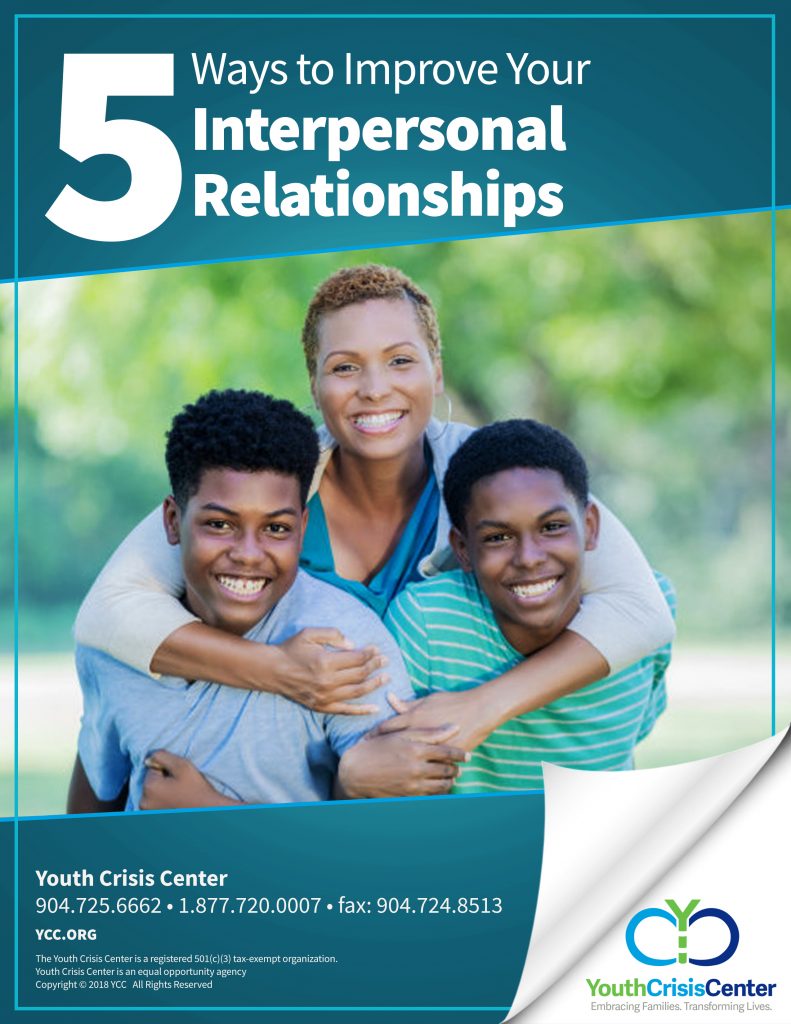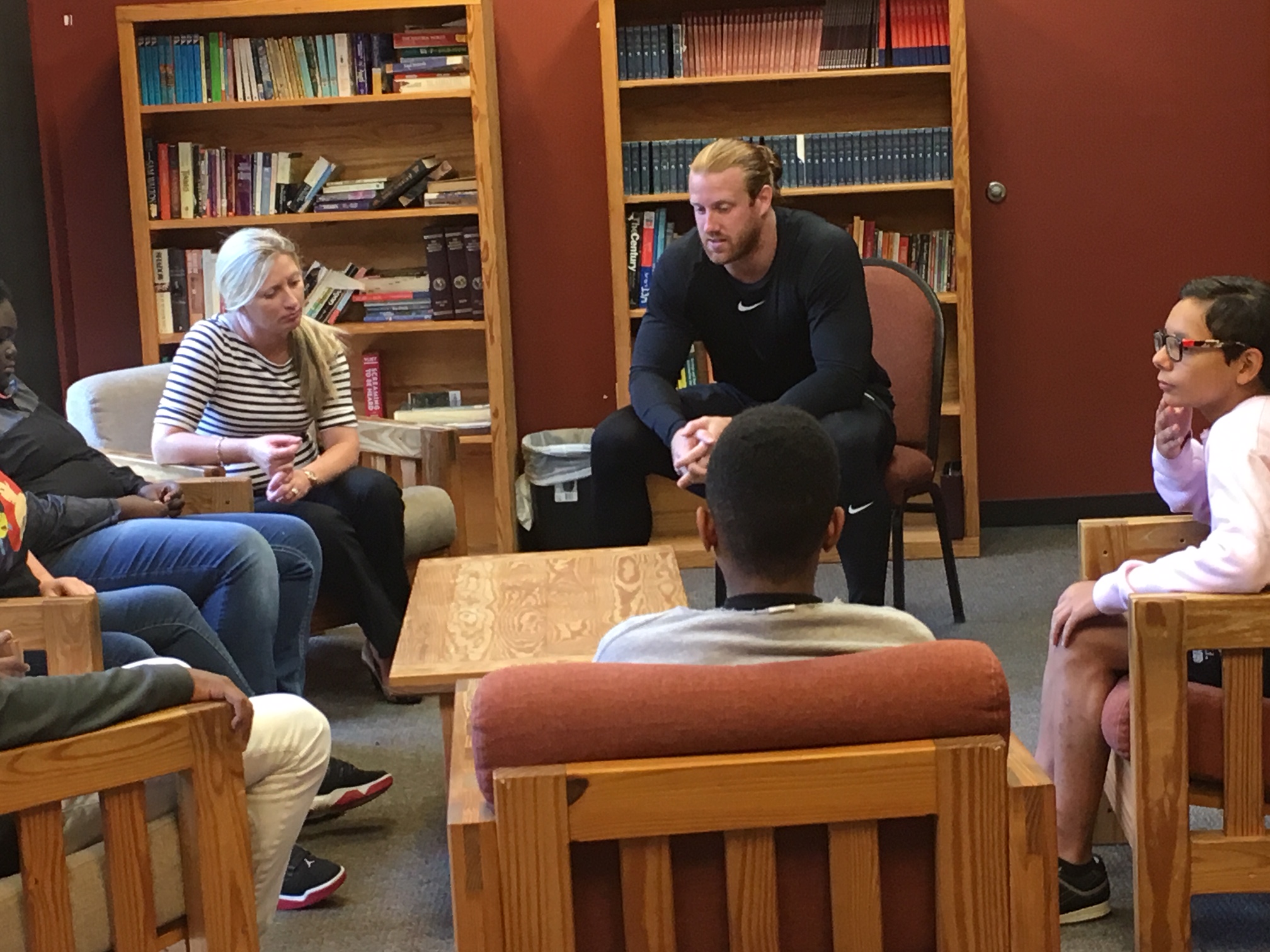After a few weeks off from anything you do consistently, it could be difficult to get back into a routine. This could apply to taking a few weeks off from working out, returning to work after some time off, and even your kids going back to school after their winter break. When one thinks of a school – bells often come to mind. Students are put on a routine throughout the year and with extended breaks or long weekends, sometimes it can be hard for your child to get back into the groove of things. This also applies to families going through a transition such as having to move and switch schools in the middle of the school year.
Amanda Marker is the Lead Outpatient Therapist for the Youth Crisis Center’s Outpatient Behavioral Health Program. She says there are multiple ways to help your child ease back into a routine after an extended break or transition.
Sleep
Marker suggests starting off with ensuring your child is getting enough sleep. She says making sure kids are well-rested could help them be better prepared to learn in the morning. You can help your child find their sleep routine by doing several things.
“Laying clothes the night before could really cut down on some of the chaos in the morning.”
Marker also recommends cutting down on electronics before bed. She doesn’t give a direct suggestion but says it should be up to the family to decide how long before bed to take away electronics from kids.
At-Home Life
Setting up a homework station is also something Marker suggests. Having an area dedicated to homework and backpacks can help ensure things do not become lost in the mix. If a child is working on a long-term project – it can stay there in the homework station rather than getting moved from room to room.
This also goes along with having an after-school plan, according to Marker. For example, if part of the after-school plan means spending 1 hour at the homework station, that helps promotes the child sticking to a routine and doing their schoolwork. Marker says this also helps with setting expectations.
Validation
A tip Marker really wants to make gets across is validation for your child. She says interruptions in their routine, environment, and expectations whether planned or random can cause anxiety and uncertainty. She says it’s important to check in with your kids and talk about school to just get a feel about what going. Marker also wants you to make sure your kids know that you do not expect perfection from them – just that they do their best.
Youth Crisis Center’s Outpatient Behavioral Health Program
The Youth Crisis Center was founded in 1974 as Florida’s first run-away program and has grown to be one of the largest and best-known providers of services for youth and families. Nationally recognized as setting a standard in youth services, YCC has been ranked as one of the top five programs in the United States by the Youth Policy Institute in Washington DC. Throughout the past 45 years, YCC has helped thousands of youth and their families overcome adversity and build stronger relationships.
One of the several programs, YCC offers is Outpatient Behavioral Health. This program provides comprehensive mental health and psychiatric care to kids as young as three and their families. Parents may also receive individual and family counseling regardless if their child is a client at YCC.










